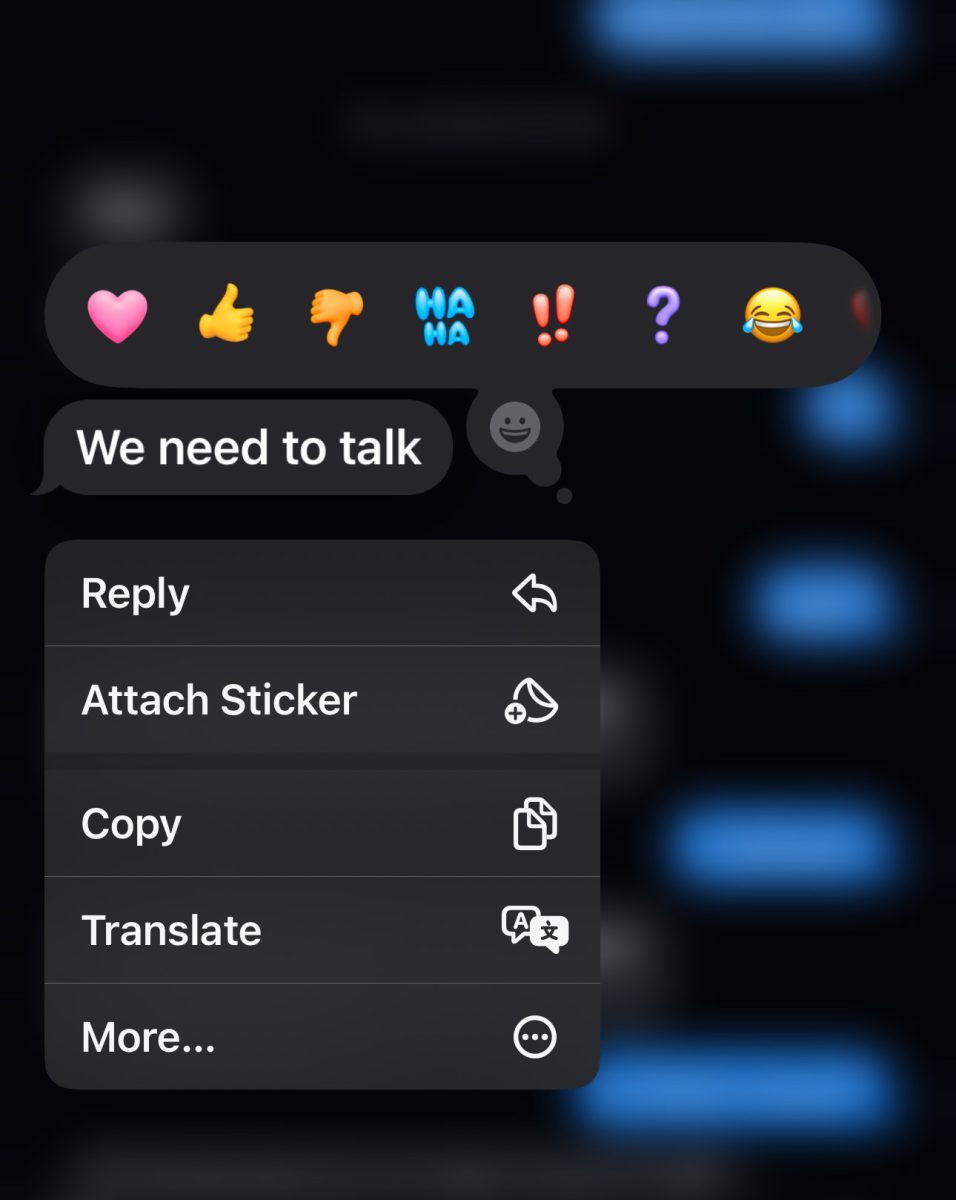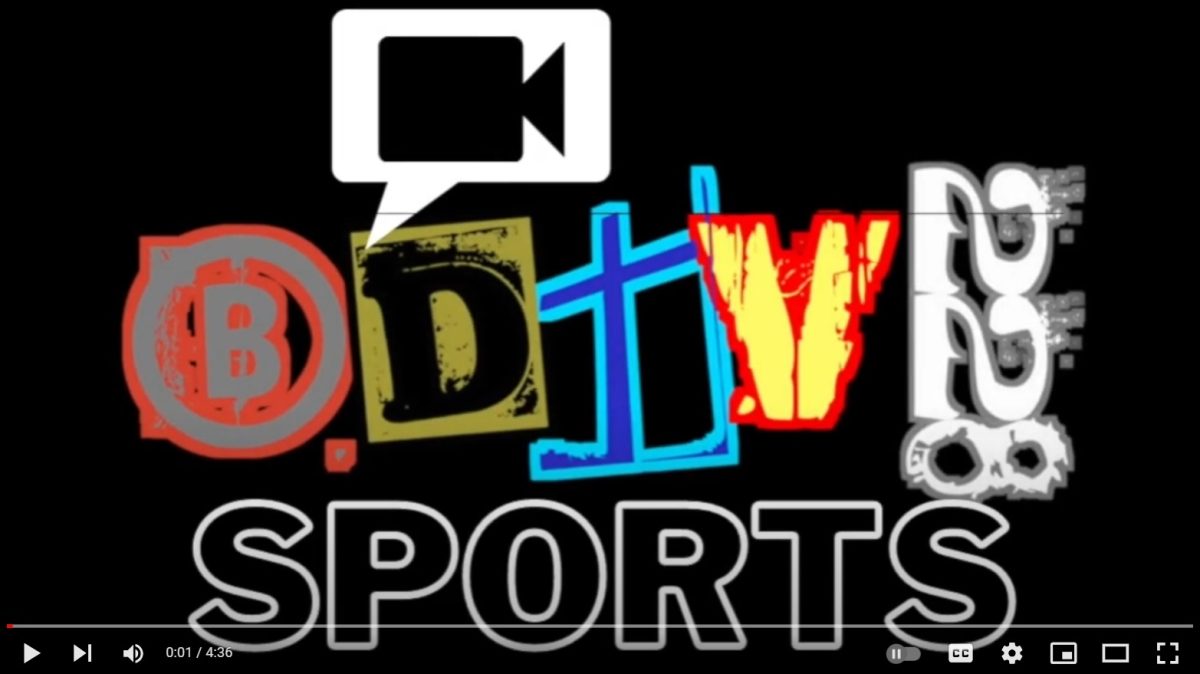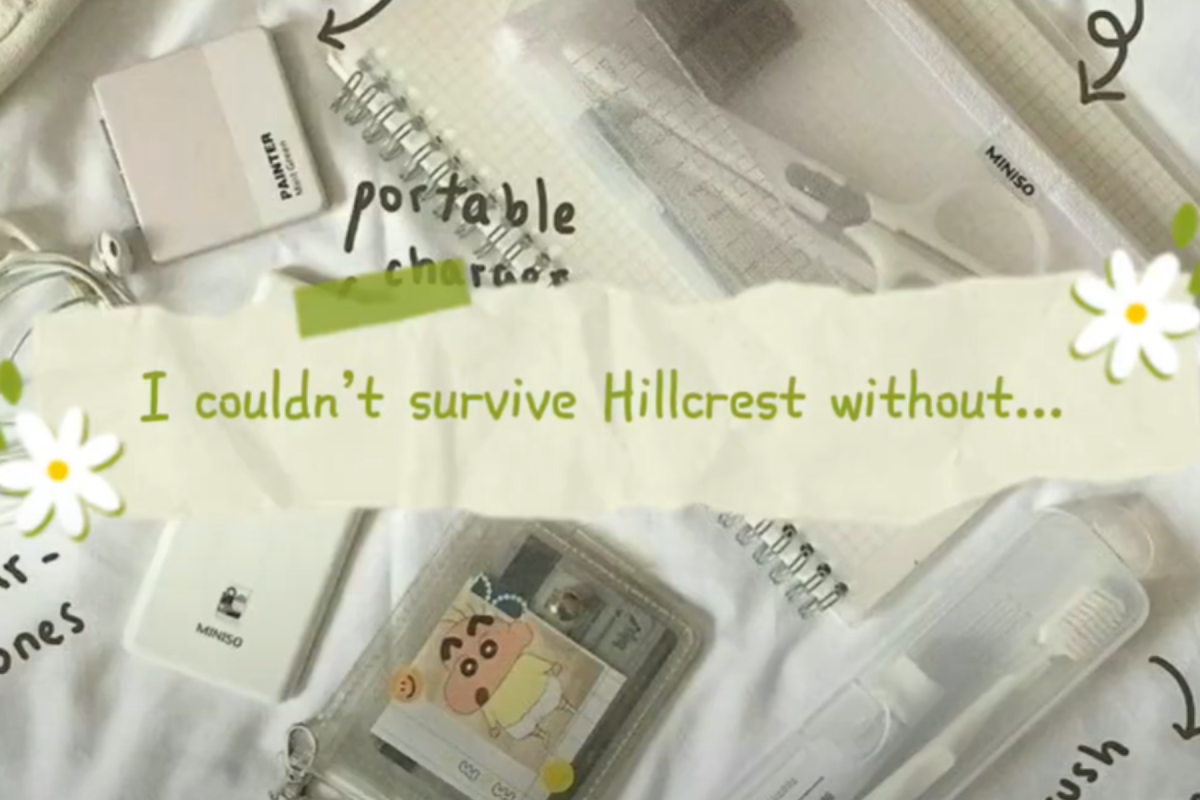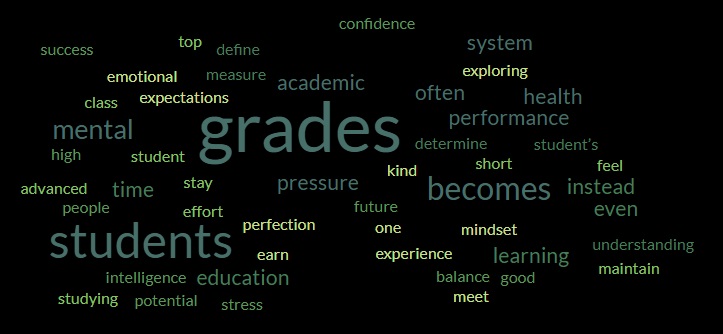Why do people gamble themselves into debt? Why do people stay in relationships after they’ve turned sour? What really caused the Great Depression? I present to you, the Zeigarnik effect. The Zeigarnik effect is a term coined to explain the phenomenon of a person’s tendency to remember tasks that were left incomplete or dwell on inconclusive situations. It’s the reason you can’t put down that book and the reason that text reading “Let’s talk,” is all you can think about. These events cause psychic tension–emotional strain usually due to being in situations that cause anxiety and/or anticipation. Unfinished topics or interrupted ideas/tasks often leave people in a state of anxiety or anticipation. So that “Let’s talk,” message that leaves you expecting the worst but never getting it, that’s the Zeiganik effect in play.
Entertainment Media
People in the media have known about the Zeigarnik effect far before we had a term for this phenomenon. How else would they keep you hooked enough to pay $17.99 a month for that Netflix subscription? The Zeigarnik effect is what screenwriters use to keep you hooked on shows and on the edge of your seats during movies. That’s why every month that $17.99 leaves your bank account and you don’t complain. For example, my friend Jabari has a Netflix subscription just to watch Beauty in Black by Tyler Perry. Beauty in Black is about a stripper turned business woman whose husband saved her from being trafficked by his brother in law. The show starts out with a lot of drama to instantly interest watchers.
By setting up cliffhangers and presenting watchers with unresolved issues early on, the screenwriters quickly leave the watchers needing more. This makes their shows highly compelling and difficult to stop watching. That’s how Netflix uses the Zeigarnik effect to swindle $17.99 from you every month. Netflix picks the juiciest shows with the most cliff hangers to keep you paying that subscription and using their streaming services.
Literature

My other friend, Liyah, reads a lot. She actually just finished a book, “The Weight of Blood” by Tiffany D. Jackson. This book is about a biracial teenager, possessing powers, who lives in a sundown town and once killed for social survival. Now this book is pretty thick, around 400 pages long, but Liyah finished it in less than a week. How’d she read it so fast? It’s not like she has a lot of downtime; no, she made time for this book. Why? The Zeigarnik effect of course. This book got Liyah hooked in the first few pages and if you’ve ever read a book you know that every single page sets up for a new cliffhanger to keep the readers… well reading.
Every time she had to put the book down, a part of her was itching to know what would happen next. She went as far as to describe the feeling of unresolved tension in the book as “torturous.” What’s that term for someone being left in a sense of anticipation due to something unfinished? The Zeigarnik effect!
Financial Decision Making

Let’s talk money, more specifically the quickest way to lose it, gambling. There’s this weird term for gamblers addiction, ludomania; but really it’s just the zeigarnik effect. Most gamblers put in money and get themselves excited to win. This means that gamblers place themselves in a state of anticipation. This makes them continue to put in money in hopes of winning because they’re in a state of psychic tension, waiting for that jackpot to hit so they might win it big. This idea was also seen in the Great Depression. People were putting their money in stocks so that their money would make money. Therefore, stocks created anticipation for a way to increase funds. Of course, taking your money out early would leave you regretting that decision, because everyone has a desire for money.
This idea was prevalent in the era right before the Great Depression, the Gilded age which was coined with big businesses and extremely rich men; and during the Gilded Age, everyone was in some sort of excitement to make it big. This psychology forced people to leave their money in until all hope was lost. That has the Zeigarnik effect written all over it! Therefore, the Zeigarnik effect caused the Great Depression, or at the very least contributed to it.
Uses of the Zeigarnik Effect
Now how can you use the Zeigarnik effect?
Study: You can use it for studying. Taking breaks during study sessions has been proven to increase memory of material. Study material in checkpoints, due to the incompleteness of the information your brain will remember more information than if you had studied it all at once.
Procrastination: You could also use the Zeigarnik effect to combat procrastination. Starting tasks, even if just the first step, then leaving them unfinished leaves you itching to complete it. This builds motivation, making it so that when you revisit the task you’ll work harder than you did before. I use this method to clean my room, leaving one part of my room spotless so that the rest of my room being dirty bothers me. Sooner or later, my room will be spotless with flowers present and a candle lit on my dresser.
Interpersonal Relationships: You can use the Zeigarnik effect while dating. People use it all the time, that’s why so many people find themselves stuck in situationships. The truth is, whether intentionally or not, people tend to give a little then pull back. This leaves them shrouded in mystery leaving you wanting more. Every time they give you something new or present a new part of themselves, it adds mystery, leaving you wanting to find out more about them. So that dude that you’re texting that you just can’t figure out, he’s using the Zeigarnik effect on you. He’s leaving you in a constant state of anxiety or psychic tension, always wondering what’s next. And when they pull back, it’s just like those cliffhangers on your favorite show–you’re dying to know what’s going on with them.
So, how do you use the zeigarnik effect on people? By giving them new things to learn about you everyday, get them hooked, then leave them wanting more. That’s the Zeigarnik effect, a give and take, a push and pull.




































